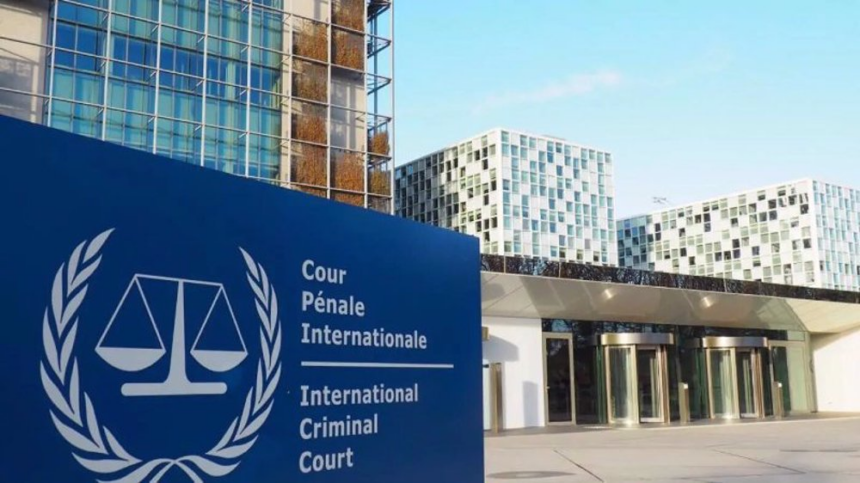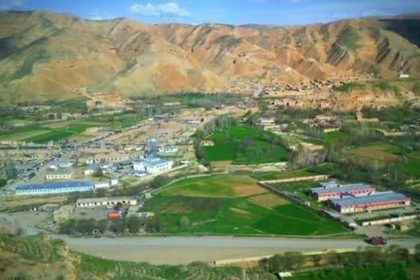RASC News Agency: The United Kingdom has called for the Taliban to be held accountable before international courts for their continued and systematic violations of fundamental human rights in Afghanistan, particularly their relentless suppression of women and girls. The statement was delivered during a UN Security Council session on Monday, where the British envoy demanded urgent international legal action against the regime. More than three years after the Taliban’s forceful return to power, the group has entrenched an extremist, gender-apartheid system, reducing Afghanistani women to invisible citizens within their own country. The UK’s representative sharply condemned the Taliban’s ongoing ban on education for women and girls, characterizing it as a “cruel and calculated assault on basic human dignity.”
“The Taliban’s policies toward women are not only morally reprehensible but profoundly self-destructive,” the representative stated. “By barring half the population from education and public life, the regime is dismantling Afghanistan’s future with its own hands.” The British diplomat further described the Taliban’s prohibition on women’s attendance in medical, technical, and vocational institutions as a “short-sighted and dangerous regression,” warning that such measures are eroding Afghanistan’s human capital and dooming the country to socio-economic collapse.
In an unprecedented move, the UK called for the Taliban’s actions to be referred to international legal bodies, including the International Criminal Court (ICC). The objective: to investigate the Taliban for potential crimes against humanity and for their deliberate implementation of gender apartheid a term increasingly adopted by human rights bodies to describe the Taliban’s campaign against women. “Accountability cannot remain theoretical,” the envoy stressed. “The international community must move beyond condemnation and initiate legal proceedings against those responsible for these crimes.”
The UK’s call was reinforced with sobering statistics: eight out of every ten young Afghanistani women are currently excluded from education, employment, and vocational training. This, the official noted, is not merely a local crisis but a humanitarian disaster of global consequence. The UK also underscored its ongoing financial and diplomatic support for the Afghanistani people and reaffirmed its commitment to the UN-led political framework for resolving the crisis. However, the official issued a pointed warning to the Taliban:
“Sustained humanitarian engagement is not a blank check. The continuation of international support hinges entirely on whether the Taliban demonstrate genuine willingness to change course and honor international human rights standards. Without such steps, further cooperation cannot and will not be justified.” The UK’s forceful remarks reflect growing international impatience with the Taliban’s duplicity and refusal to implement even minimal reforms. Despite repeated appeals from the United Nations, donor states, and Afghanistani civil society, the Taliban continue to expand their repressive policies erasing women from education, employment, healthcare, and public visibility.
So far, the Taliban have refused to respond to the UK’s statement, maintaining a silence that has become emblematic of their broader strategy: denial, suppression, and isolation. Behind closed doors, however, sources suggest that the group remains deeply unsettled by the possibility of international prosecution, particularly under charges of crimes against humanity. The UK’s remarks are likely to galvanize international actors who have grown increasingly disillusioned with the Taliban’s intransigence. For millions of Afghanistani women and girls whose lives have been paralyzed by institutionalized discrimination, the possibility of global justice may yet offer a glimmer of hope.






